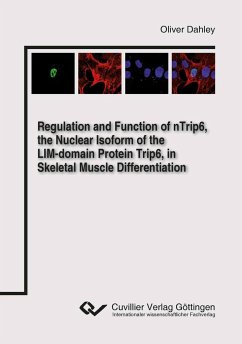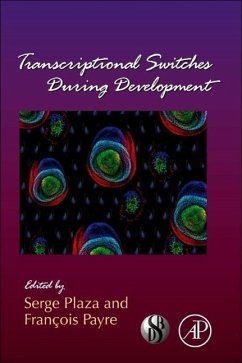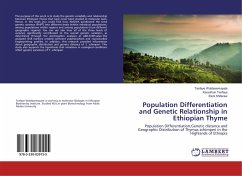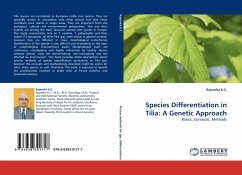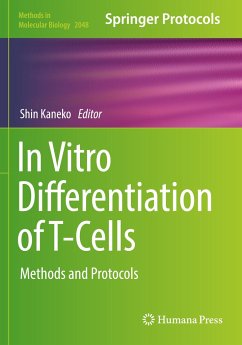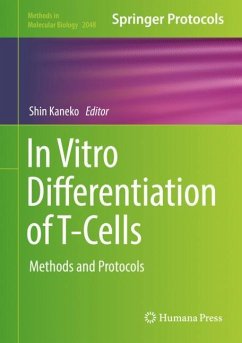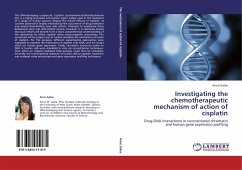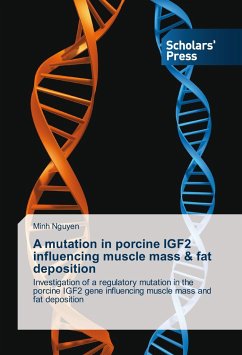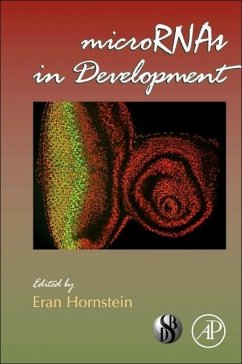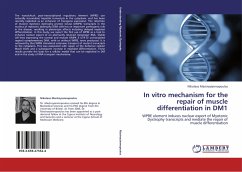
In vitro mechanism for the repair of muscle differentiation in DM1
WPRE element induces nuclear export of Myotonic Dystrophy transcripts and mediate the repair of muscle differentiation
Versandkostenfrei!
Versandfertig in 6-10 Tagen
52,99 €
inkl. MwSt.

PAYBACK Punkte
26 °P sammeln!
The woodchuck post-transcriptional regulatory element (WPRE) can naturally accumulate hepatitis transcripts in the cytoplasm, and has been recently exploited as an enhancer of transgene expression. The retention of mutant myotonic dystrophy protein kinase (DMPK) transcripts in the nucleus of myotonic dystrophy (DM) cells has an important pathogenic role in the disease, resulting in pleiotropic effects including delayed myoblast differentiation. In this study, we report the first use of WPRE as a tool to enhance nuclear export of an aberrantly retained messenger RNA. Stable cell lines expressin...
The woodchuck post-transcriptional regulatory element (WPRE) can naturally accumulate hepatitis transcripts in the cytoplasm, and has been recently exploited as an enhancer of transgene expression. The retention of mutant myotonic dystrophy protein kinase (DMPK) transcripts in the nucleus of myotonic dystrophy (DM) cells has an important pathogenic role in the disease, resulting in pleiotropic effects including delayed myoblast differentiation. In this study, we report the first use of WPRE as a tool to enhance nuclear export of an aberrantly retained messenger RNA. Stable cell lines expressing the normal and mutant DMPK 3' UTR (3' untranslated region) complementary DNA, with or without WPRE, were produced. It is noteworthy that WPRE stimulated extensive transport of mutant transcripts to the cytoplasm. This was associated with repair of the defective cellular MyoD levels and a subsequent increase in myoblast differentiation. These results provide the basis for a cellular model that can be exploited in DM and in the study of RNA transport mechanisms.



